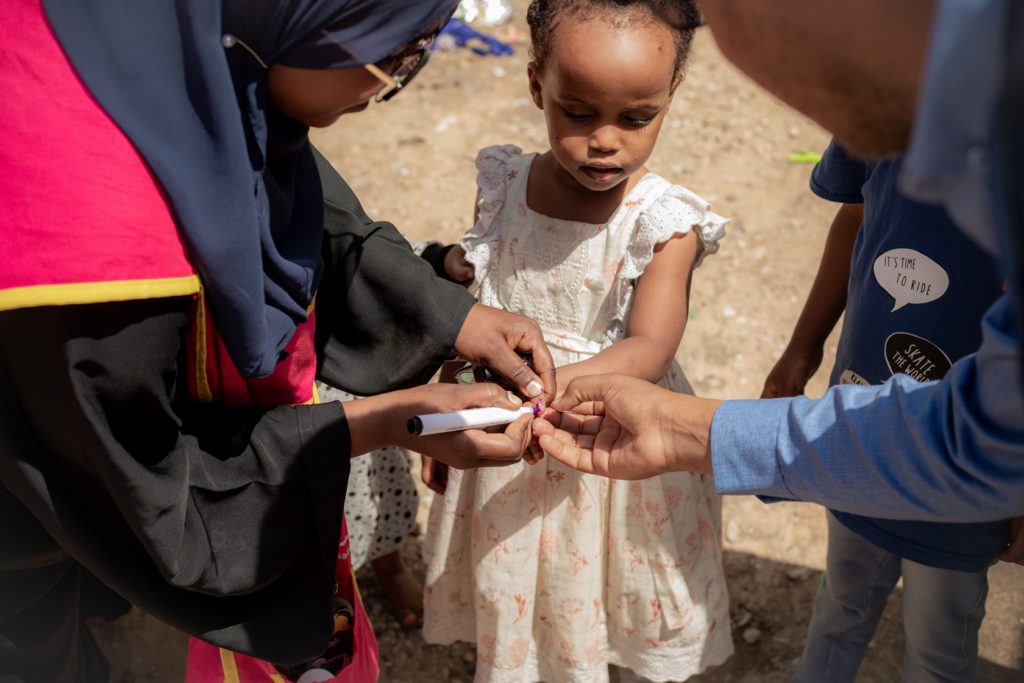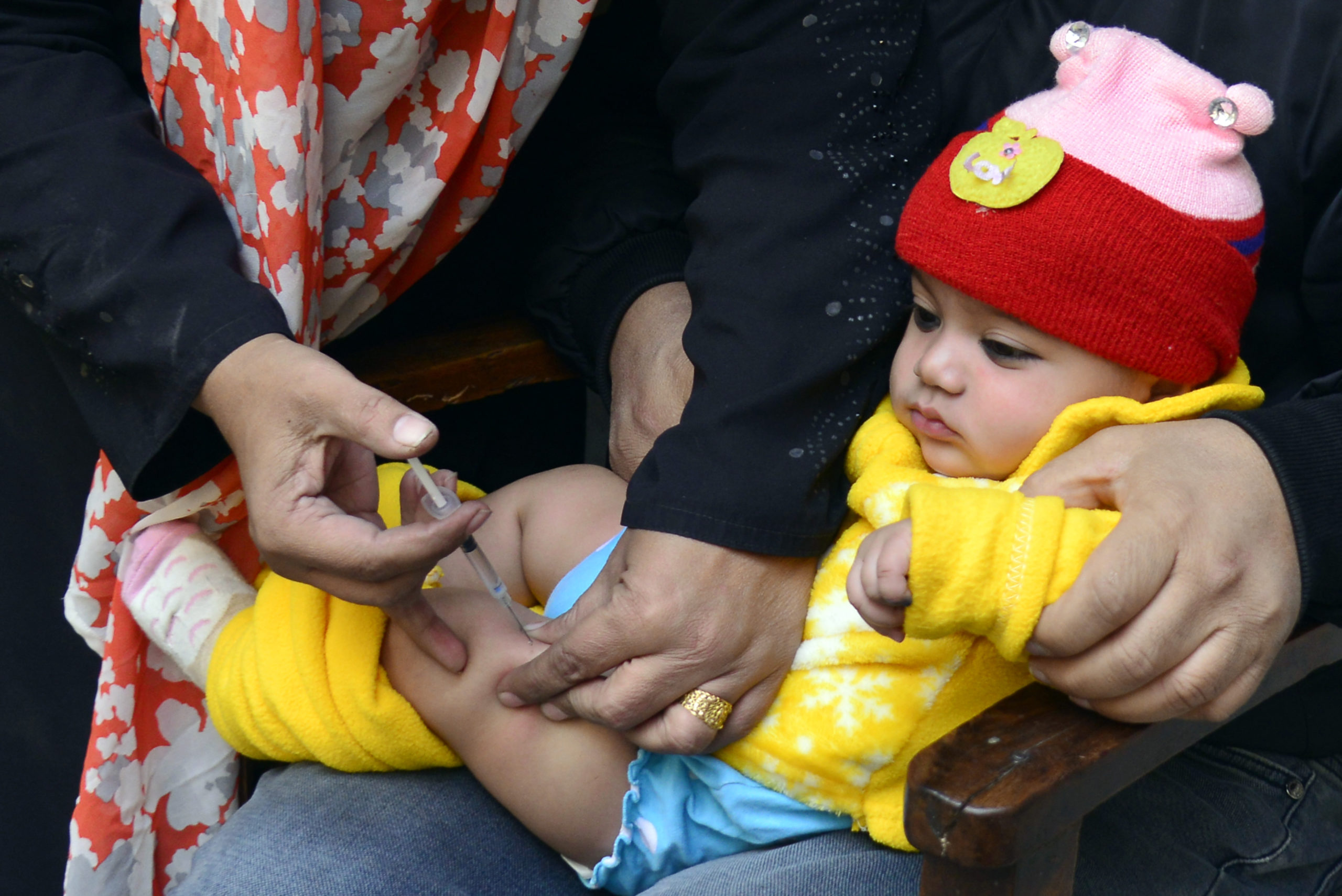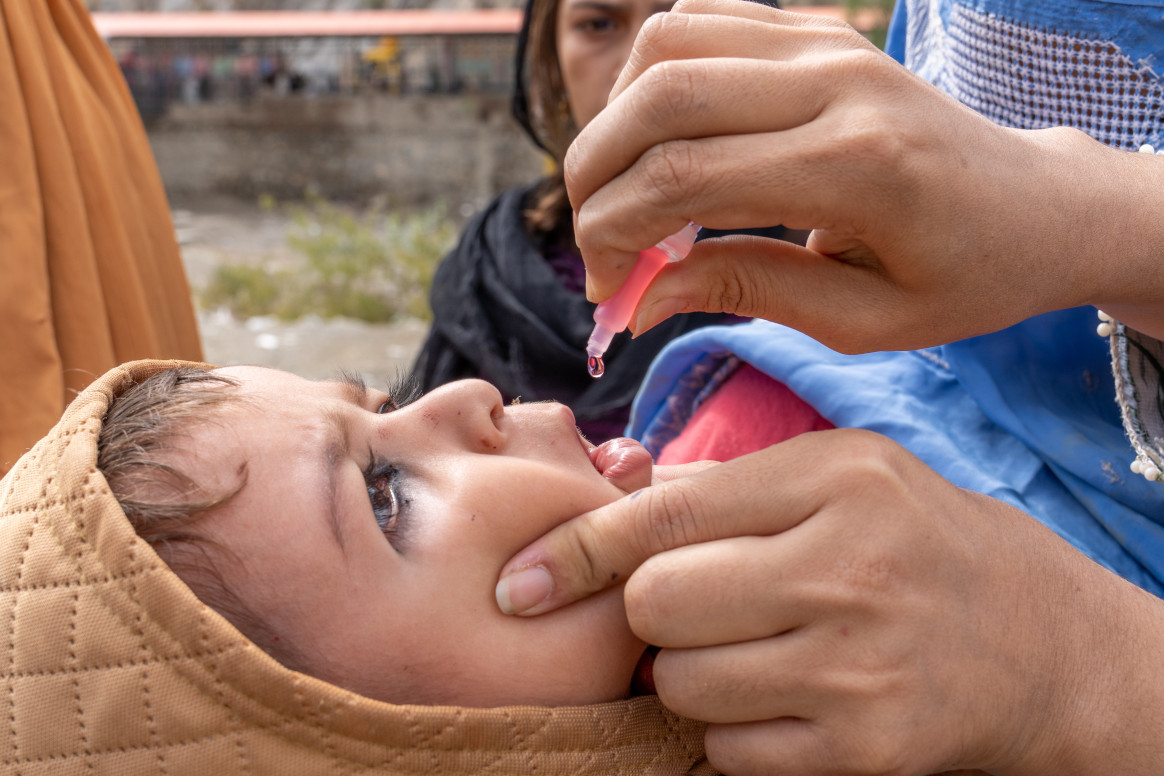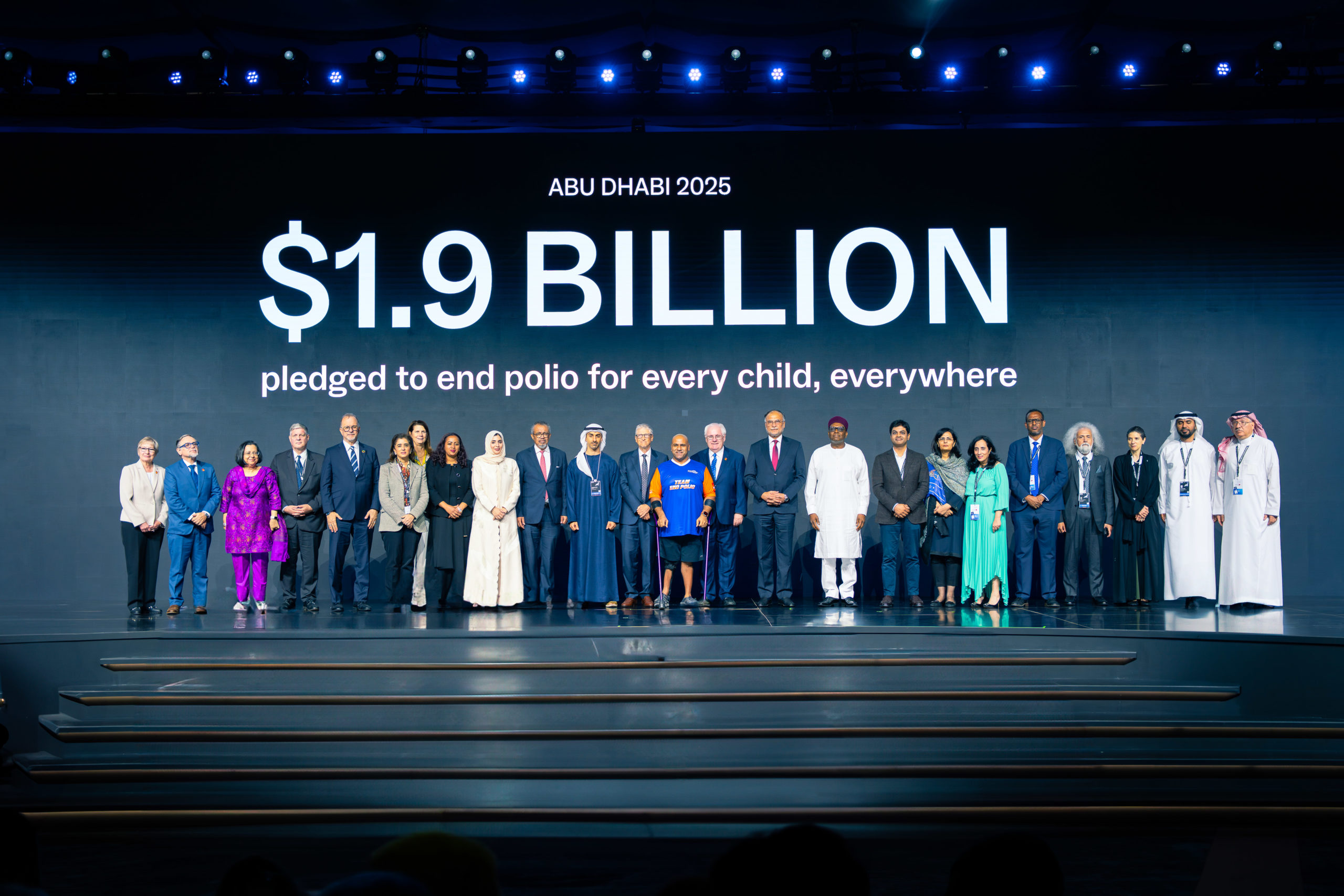
Ministers of Health from Djibouti, Somalia, and South Sudan, senior government representatives from Ethiopia and Kenya, and the Director-General of Family Health from the northern governorates of Yemen met virtually on 6 October 2025 to strengthen efforts to stop poliovirus transmission in one of the world’s most complex regions.
The meeting, co-hosted by Dr Hanan Balkhy, WHO Regional Director for the Eastern Mediterranean, and Dr Mohamed Janabi, WHO Regional Director for Africa, underscored that the co-circulation of variant poliovirus types 1 and 2 across the Horn of Africa and Yemen represents a cross-regional public health emergency.
Extraordinary efforts needed to stop polio
Despite insecurity, inaccessibility, operational barriers and climate-related disruptions, which spur regular population movement in the subregion — affected countries have mounted coordinated responses to poliovirus detections. In the first quarter of 2025 alone, countries in the Horn of Africa reached over 18 million children with polio vaccines. Surveillance has been strengthened and immunity gaps mapped. However, stopping polio transmission will require urgent, high-quality, and closely coordinated cross-border action.
Countries committed to step up efforts to reach every last child
Delegates reaffirmed their commitment to strong political leadership, regional accountability, and national governance to deliver timely, high-quality, and synchronized polio vaccination campaigns. They pledged to strengthen routine immunization and poliovirus surveillance—particularly in areas with ongoing transmission—and to continue integrating polio activities with other essential health services.
The meeting also underscored the need to mobilize domestic resources to sustain core polio functions and integrate them into broader health programmes amid resource constraints. The health leaders also underscored the need for strong measures to reach children in conflict-affected and hard-to-reach areas – from negotiating access through humanitarian actors in places such as central and southern Somalia, to rolling out the pre-approved Health Emergency Extension Response (HEER) programme in Yemen to deliver novel oral polio vaccine alongside other essential vaccines and health services.
Partners resoundingly reiterate their support
The Polio Oversight Board Chair, Dr Chris Elias, expressed the Global Polio Eradication Initiative (GPEI) partners’ commitment to ending polio in the Horn of Africa and Yemen. He commended delegates for their strong political commitment towards ending polio in the subregion, exemplified by the ongoing momentum. Dr Elias also urged governments and partners to speed up detection of and response to outbreaks, leveraging the current adequate nOPV2 supply.
Ms Carol Pandak, Director of Rotary’s PolioPlus, invited countries to leverage the support and networks of Rotarians working to end polio.
Dr Jamal Ahmed, WHO Director for Polio Eradication and Chair of the GPEI Strategy Committee, commended countries for keeping polio high on their agendas, despite other pressing priorities. He stressed that the Horn of Africa’s high population movement makes rapid action in late 2025 critical for global eradication efforts.
Stakeholders key to a polio-free region
The meeting also paid tribute to the dedication of frontline health workers, local communities and civil society partners, who continue to play a vital role in protecting children against polio.
Closing the meeting, the Regional Directors Dr Balkhy and Dr Janabi reaffirmed WHO’s full commitment to support countries to rapidly stop polio transmission.
“We have a slim window of opportunity during this final quarter of the year and in 2026 to end polio,” said Dr Balkhy. “During this time, the quality of campaigns is paramount. Our determination to end outbreaks must be matched by urgent action to strengthen quality across the Horn.”
“Ending polio demands both strong leadership and strong partnerships. I am inspired by the determination of governments of Horn of Africa countries and Yemen to strengthen disease surveillance, reach every last child, and protect future generations,” added Dr Janabi.



